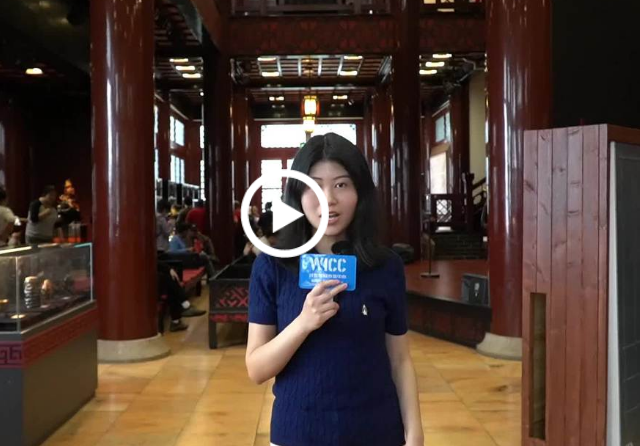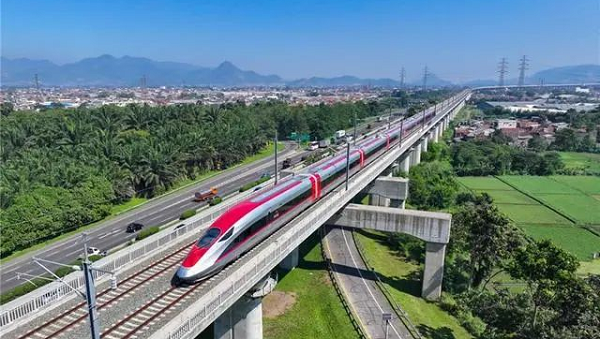Japan-Mongolia trade gets boost from Yangluo port in Wuhan
The Yangtze River port of Yangluo in Wuhan, capital of Hubei province, has cut the delivery time of goods between Japan and Mongolia by five days by connecting a sea and rail route.
Since June 29, hundreds of cars have been transported from Nagoya to Ulaanbaatar, capital of Mongolia, along the 5,000-kilometer route, local media reported.
The trip takes about 20 days. Previously, goods from Japan were shipped through Russia to Mongolia, a journey of about 25 days, according to Wuhan Asia-Europe Logistics, the company operating the railway section of the new route.
In June, 100 cars made in Nagoya, home of Japan's automaking giants, traveled along the route for the first time to Mongolia. They left Japan by sea, arriving in Yangluo before being loaded onto the international freight train from Wuhan to Ulaanbaatar.
"Currently, only cars are delivered along the route, so more marketing fields need to be explored," a manager at the railway logistics company said. "The route integrates Wuhan's river and railway transportation networks and has positioned the city as an international logistics hub and a major landmark opening to the world. It is also vital to helping Wuhan integrate into the Yangtze River Economic Belt and the Belt and Road Initiative."
Xu Huiqin, a manager at the Datong International Shipping Company that oversees the sea and river section of the route, told Changjiang Daily in July that they planned to transport about 200 cars a month.
"An efficient, combined route will make Wuhan a key station for both domestic and international logistics," Xu was quoted as saying.
Xu explained that China's bigger ports try to link up to the country's railway network as much as possible and that their company was planning to cooperate with railway companies on another international route.
The anonymous Wuhan Asia-Europe Logistics manager said that it is normal for railway and shipping companies to work together to combine routes and that this type of network is both more stable and able to cover great distances to Central Asia and Europe.
In December, containers of dustbins and hand trolleys left Nagoya by sea for Yangluo and were then loaded onto the China-Europe Express to Duisburg, Germany. This route cut previous travel time by sea from more than 50 days to 20, Xinhua News Agency reported.




